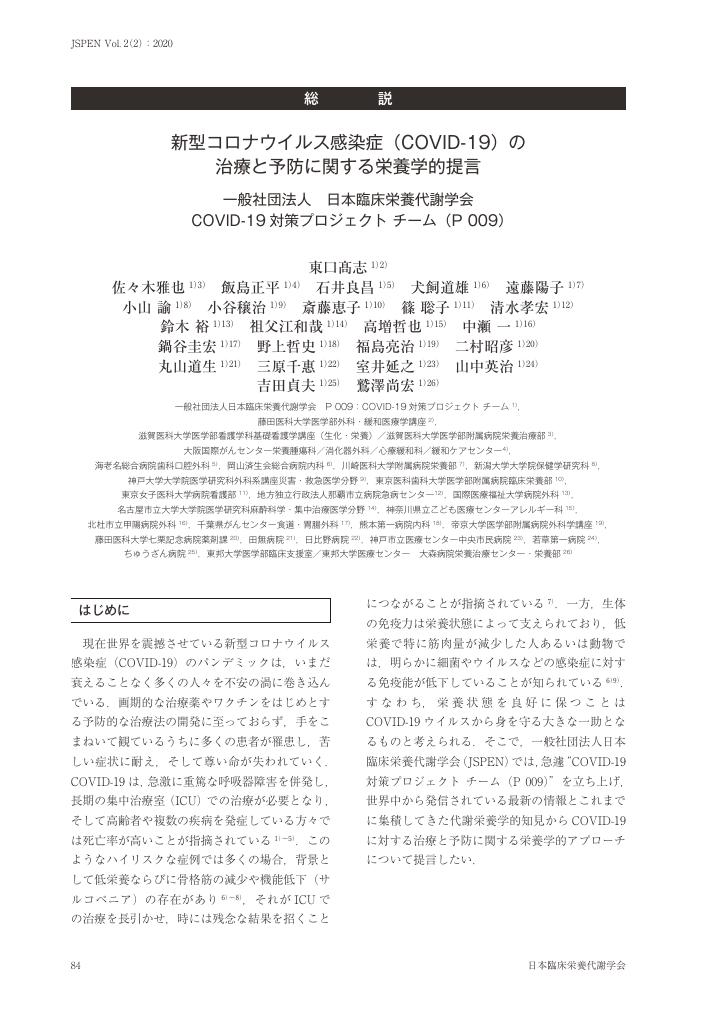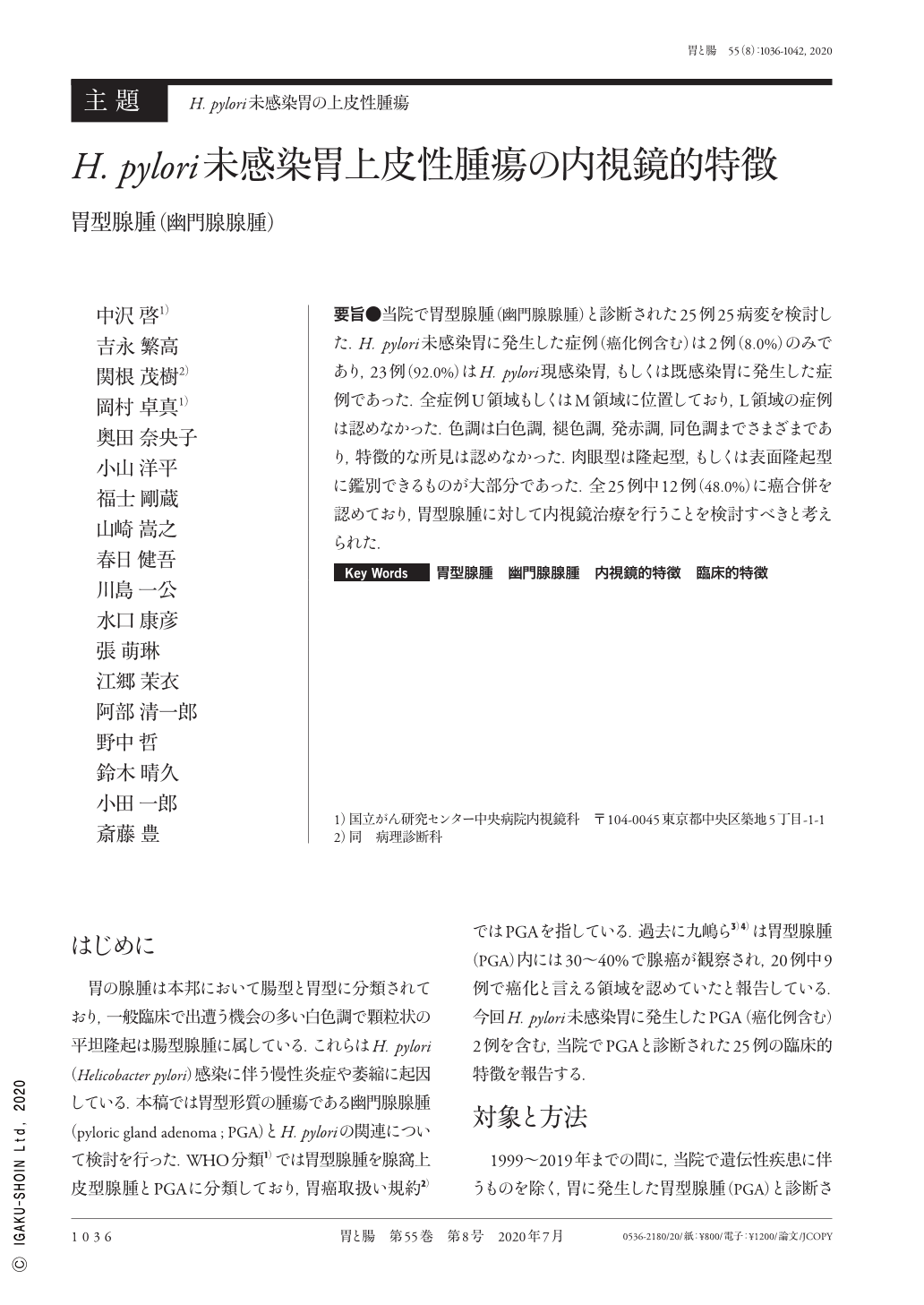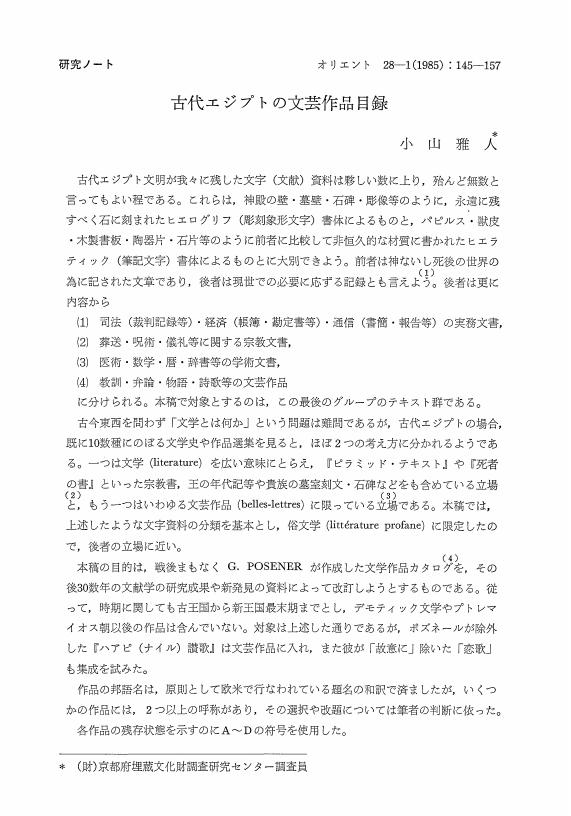- 著者
- 小山 真人
- 出版者
- 特定非営利活動法人 日本火山学会
- 雑誌
- 火山 (ISSN:04534360)
- 巻号頁・発行日
- vol.50, no.Special, pp.S289-S317, 2005-12-20 (Released:2017-03-20)
A critical review was made on public communication/education of knowledge and information about volcanoes and their risk in Japan. Volcanic process can socially be divided into four periods: dormant, pre-emergency, emergency, and restoration/rehabilitation periods. For better mitigation of disasters during all these periods, knowledge and information about volcanoes should enough be shared among volcanologists, officials, and residents around volcanoes. Psychologists well studied the methodology of decision-making and public communication under various risks and many of the results can be applied to volcanic risk. Many volcanologists, however, do not well know the achievements by psychologists. Several Japanese volcanological terms, which have been traditionally used in the public information/education, are ambiguous and have potential for misunderstanding. Journalists often distort the information from volcanologists. The internet may provide a better place for direct risk-communication between volcanologists and residents around volcanoes. Volcanologists should systematically survey the residents and know what method of public communication is the best for sharing risk infomation. The author summarizes the present status of the Japanese system for risk evaluation and announcement during volcanic crises and reviews the problems, which were exposed during the recent volcanic crises in Japan. The author also reviews the status of risk education using hazard maps and/or other methods, which include outreach programs for citizens and schoolchildren.
4 0 0 0 OA イスラーム的保育観の探究
- 著者
- 小山 祥子 KOYAMA Shoko
- 巻号頁・発行日
- vol.47, pp.23-32, 2014-03-03
4 0 0 0 OA 高齢者の足部·足爪異常による転倒への影響
- 著者
- 山下 和彦 野本 洋平 梅沢 淳 宮川 晴妃 川澄 正史 小山 裕徳 斎藤 正男
- 出版者
- 一般社団法人 電気学会
- 雑誌
- 電気学会論文誌C(電子・情報・システム部門誌) (ISSN:03854221)
- 巻号頁・発行日
- vol.124, no.10, pp.2057-2063, 2004 (Released:2005-01-01)
- 参考文献数
- 25
- 被引用文献数
- 2 2
There is the increasing concern of the society to prevent the tumbling of the aged. The study of the static, as well as dynamic aspects, such as the muscular strength of the lower-limb and the postural stability, should be developed, especially from the viewpoint of the aged. This paper focuses on the external observation of the foot and toenail, as being correlated to the physical functions of the lower-limb against tumbling. The lower-limb functions are evaluated in terms of the 10 m walking time, the toe-gap force and single-foot standing period. The correlation to the personal tumbling experiences is also examined. It is seen that the groups, which exhibit external abnormalities in the foot and the toenail, generally decline in the muscular strength and postural stability. They also have more frequent tumbling experiences and express in their concern of the danger of tumbling. It seems that those shapes abnormalities can indicate, to some extent, the tumbling danger of the aged.
4 0 0 0 OA 内視鏡的に摘出した19歳直腸異物の1例
- 著者
- 小山 能徹 阿部 正 石崎 俊太 又井 一雄 大熊 誠尚 山崎 哲資 衛藤 謙
- 出版者
- 日本大腸肛門病学会
- 雑誌
- 日本大腸肛門病学会雑誌 (ISSN:00471801)
- 巻号頁・発行日
- vol.74, no.8, pp.491-494, 2021 (Released:2021-07-29)
- 参考文献数
- 13
症例は19歳男性.自宅で自身で鉛筆を経肛門的に挿入し,摘出困難となったが,症状を認めなかったため様子をみていた.しかし翌日に下腹部痛,血便を認めたため,近医受診.対応困難とのことで当院に救急搬送となった.当院での腹部レントゲンおよび腹部CTではS状結腸から直腸上部にかけて棒状の構造物を認めた.肛門からの用手的摘出が困難であったため,内視鏡的に摘出した.入院後は特に腹部症状増悪なく,術後4日目に無事退院となった.
- 著者
- 小山 玲音 出村 幹英 野間 誠司 林 信行 原口 智和 宮本 英揮 笹川 智史 龍田 典子 上野 大介
- 出版者
- 公益社団法人におい・かおり環境協会
- 雑誌
- におい・かおり環境学会誌 (ISSN:13482904)
- 巻号頁・発行日
- vol.52, no.4, pp.226-232, 2021-07-25 (Released:2021-11-14)
- 参考文献数
- 28
- 被引用文献数
- 4
気生藻類の一種であるスミレモTrentepohlia aurea (Linnaeus) Martiusは,スミレのような“におい”があることが知られている.スミレモのにおいの有無や強弱には生育地域や場所による多様性の存在が示唆されるが,これまでは定性的な観察が中心であった.本研究ではスミレモのにおい物質を同定することで,スミレモのにおいに関する基礎的な知見を提供することを目的とした.におい物質の同定には,におい嗅ぎガスクロマトグラフィー(GC-O)を含む“におい分析システム”を活用した.分析の結果,“良い香り”として特徴的なにおい物質であるα-テルピネンと2-ペンチルフランを同定した(2-メチル-6-ヘプテン-1-オールとβ-イオノンは仮同定).将来的にスミレモ類縁種のにおい物質をデータベース化することで,におい物質を利用した化学分類学の発展に貢献できると期待される.
4 0 0 0 OA 松屋筆記
- 著者
- 小山田与清 (高田) 著
- 出版者
- 国書刊行会
- 巻号頁・発行日
- vol.第2 巻之68−92, 1908
4 0 0 0 OA マツカレハ ツガカレハの驅除に有力なる病原體マツケムシタケと其應用に就て
4 0 0 0 OA フィリップ・ソレルスにとっての場と映像
- 著者
- 小山 尚之
- 出版者
- 東京海洋大学
- 雑誌
- 東京海洋大学研究報告 = Journal of the Tokyo University of Marine Science and Technology (ISSN:21890951)
- 巻号頁・発行日
- vol.14, pp.76-104, 2018-02-28
本稿は二〇一四年四月二日と三日にガリマール社内のソレルスのオフィスにおいて行われたフィリップ・ソレルスとディディエ・モランとの対談を翻訳したものである。彼らはソレルスの生まれたボルドーおよびジロンド地方のことや、ソレルスが出演している映像作品について語っている。ソレルスによれば、ジロンド地方とジロンド派は革命期の国民国家成立の過程で抑圧されたものである。なぜソレルスが親ジロンド派的であり、現在のフランスという国民国家にも批判的であるのかといえば、ジロンド地方の歴史的・政治的な背景があるからだと思われる。また彼は、J.-D.ポレ、J.-P.ファルジエ、L.ラリネック、G.K.ガラボフ、S.チャンなどとともに、いくつかの映像作品を制作している。ソレルスにとって映像の中で重要なのは、声と、テクスト、音楽、場の選択である。歴史的な背景を持つ場での口頭のパフォーマンスを映像に撮ることにより、彼は、テクスト、声の肉体性、そして歴史の肉体性を取り戻そうと試みているように思われる。This article is a translation into Japanese of the dialogue between Philippe Sollers and Didier Morin, which took place at Sollers’ office in Gallimard on the 2th and 3th April 2014. Their discussion concerns Bordeau where Sollers was born, the girondin region and films in which Sollers appeared. According to Sollers, the girondin region and Girondists have been oppressed during French Revolution by forming French Nation-State. The reason why Sollers seems to be a Girondist and critical of French Nation-State might lie in the historical and political background of the girondin region. He also makes several films with J.-D. Pollet, J.-P. Fargier, L. L’Allinec, G.K. Galabov and S. Zhang. For Sollers, the important things in films are voice, text, music and choice of place. By filming oral performances in the place having its historical past, he seems to try to refind the body of the voice and of the history.
4 0 0 0 OA 温度感受性TRPチャネルを標的とした新規神経障害性疼痛治療戦略
- 著者
- 亀井 達也 宮内 政徳 小山田 義博 志水 勇夫
- 出版者
- 公益社団法人 日本薬理学会
- 雑誌
- 日本薬理学雑誌 (ISSN:00155691)
- 巻号頁・発行日
- vol.140, no.5, pp.196-200, 2012 (Released:2012-11-09)
- 参考文献数
- 37
- 被引用文献数
- 2 2
神経障害性疼痛はアンメットニーズが非常に高い難治性の慢性疼痛疾患である.いくつかの治療薬が臨床で利用されているが,その鎮痛効果は満足いくものではなく,さらにいずれの薬剤についても中枢性や心循環器系の副作用リスクが存在している.従って,このような副作用を回避し治療効果を高めた鎮痛薬を創製するため,痛みを伝える神経で選択的に機能している新規治療標的が探索されてきた.近年,有望な創薬標的として温度感受性のTRPチャネルが注目を集め,創薬研究が盛んに行われている.これらのセンサーチャネルは感覚神経終末や皮膚角質細胞等の疼痛発生部位を含む痛覚伝導路に広く分布し,病態時においては発現量の増加や機能亢進が認められ,熱・冷痛覚過敏,機械アロディニアや自発痛といった神経障害性疼痛の特徴的な症状に密接に関与することが報告されてきた.本稿では,ヒトでの検証段階に進んでいるTRPV1,TRPA1,TRPV3にフォーカスし,thermo-TRPチャネルリガンドの研究開発状況をアンタゴニスト/アゴニストに分けて紹介する.
4 0 0 0 日本の家庭用ゲーム産業におけるソフト発売延期率調査
- 著者
- 小山 友介
- 出版者
- NPO法人 日本シミュレーション&ゲーミング学会
- 雑誌
- シミュレーション&ゲーミング (ISSN:13451499)
- 巻号頁・発行日
- vol.16, no.2, pp.93-102, 2006
<p>日本のゲーム産業における開発力を測る客観指標の一つとして「タイトルが当初予定日に発売できたかどうか(発売延期率)」に着目し,雑誌『ファミ通』の発売日情報を元に,据置機のドミナントであるプレイステーション2(PS2)および携帯機のドミナントであるゲームボーイアドバンス(GBA)に関するタイトル発売延期率を調査した.得られた結果は次のとおりである:1)ハードウェア発売後1年目は両ハードともに発売延期率は30%程度である.2)GBAは発売4年目で7%まで順調に発売延期率が低下するのに対して,PS2では26%までしか下がらない.3)当初の発売決定月が年末年始,年度末のタイトルは有意に発売延期率が高い.</p>
申請者らは2003年より前向き研究として約500名(現在平均年齢:74.8歳、5年毎の追跡調査)のコホート集団を対象とした脳ドック検診を実施し、生活習慣・動脈硬化症・口腔内細菌と認知機能低下や大脳白質病変・微小脳出血との関連を明らかにしてきた。本研究は、これまでの申請者らの研究成果を基に、認知機能低下、脳の器質的変化、腸内細菌叢および口腔内状態と、唾液中の口腔内細菌叢(16Sメタゲノム解析)の関連を明らかに、解明を目指すことを目的とした。得られる研究成果は超高齢社会で増加する高齢者の認知症、脳血管疾患を口腔衛生の観点から予防するエビデンスとなり、ひいては口腔保健施策の発展に寄与する。
- 著者
- 中沢 啓 吉永 繁高 関根 茂樹 岡村 卓真 奥田 奈央子 小山 洋平 福士 剛蔵 山崎 嵩之 春日 健吾 川島 一公 水口 康彦 張 萌琳 江郷 茉衣 阿部 清一郎 野中 哲 鈴木 晴久 小田 一郎 斎藤 豊
- 出版者
- 医学書院
- 巻号頁・発行日
- pp.1036-1042, 2020-07-25
要旨●当院で胃型腺腫(幽門腺腺腫)と診断された25例25病変を検討した.H. pylori未感染胃に発生した症例(癌化例含む)は2例(8.0%)のみであり,23例(92.0%)はH. pylori現感染胃,もしくは既感染胃に発生した症例であった.全症例U領域もしくはM領域に位置しており,L領域の症例は認めなかった.色調は白色調,褪色調,発赤調,同色調までさまざまであり,特徴的な所見は認めなかった.肉眼型は隆起型,もしくは表面隆起型に鑑別できるものが大部分であった.全25例中12例(48.0%)に癌合併を認めており,胃型腺腫に対して内視鏡治療を行うことを検討すべきと考えられた.
4 0 0 0 OA 高等教育新興プロフェッションの養成メカニズムに関する実証的研究
4 0 0 0 OA 大学における安全管理
- 著者
- 小山 富士雄
- 出版者
- 安全工学会
- 雑誌
- 安全工学 (ISSN:05704480)
- 巻号頁・発行日
- vol.50, no.1, pp.10-15, 2011-02-15 (Released:2016-09-30)
- 参考文献数
- 7
4 0 0 0 OA 伊豆大島1986年11月15-17日噴火によるスコリア・火山毛降下
4 0 0 0 OA ユルゲン・ハーバマス「市民的公共性」概念・再考
- 著者
- 小山 裕
- 出版者
- 関東社会学会
- 雑誌
- 年報社会学論集 (ISSN:09194363)
- 巻号頁・発行日
- vol.2009, no.22, pp.44-55, 2009-07-25 (Released:2013-03-28)
- 参考文献数
- 30
In the present essay, Jürgen Habermas's early sociological works will be examined in two respects: on the one hand, their stratified relationships to the conceptual constructions of Carl Schmitt and Rüdiger Altmann; on the other, his understanding of historical development in eighteenth-century England. The analysis through these two subjects maintains that the core of his conceptualization of the civil/bourgeois public sphere consists in the articulation between institutionalized political powers (not only government, but also parliament) and private citizens who generally criticize political affairs. In addition, the essay will also argue that his diagnosis of modern society depends especially on his critical attitude of intermediary organizations which attempt to affect political processes without public control in the re-politicized social sphere that emerged after the disappearance of the liberal distinction between the public and private realm.
4 0 0 0 打ち上げ花火シミュレーションシステムの構築
現在、打ち上げ花火のデザインは、主に花火師の感性、創造力、そして経験に委ねられている。さらに、設計された玉の試し打ちは容易ではない。この設計から試し打ちまでの過程を計算機上でシミュレートすることにより、打ち上げ花火のデザインに伴う完成までの時間、労力、コスト、危険性を大幅に減少させることが期待できる。また、熟練を要しないため、花火製作の技術がなくとも花火のデザインが可能となり、花火師の教育や、実際に受注する際にも役立つと考えられる。本稿では、既に報告した打ち上げ花火CADシステムの構想をもとに、未完成であった花火創作デザインから試し打ちまでの一貫した支援システム、打ち上げ花火シミュレーションシステムを構築したので報告する。
- 著者
- 村越 真 満下 健太 小山 真人
- 出版者
- 日本地図学会
- 雑誌
- 地図 = Map : journal of the Japan Cartographies Association (ISSN:00094897)
- 巻号頁・発行日
- vol.58, no.4, pp.1-16, 2020
4 0 0 0 OA 古代エジプトの文芸作品目録
- 著者
- 小山 雅人
- 出版者
- 一般社団法人 日本オリエント学会
- 雑誌
- オリエント (ISSN:00305219)
- 巻号頁・発行日
- vol.28, no.1, pp.145-157, 1985-09-30 (Released:2010-03-12)





